
Asphalt 8: Airborne - Strategy Guide
¥5.15
Asphalt 8: Airborne - Strategy Guide


我最爱的韩语40音卡片
¥5.23
针对初学者的需要,列举了韩语中常用的基础语法词汇,同时详述了用法、适用场合,并举出了会话实例、常用句子,让读者学以所用。还配有简易拼音发音表,可以帮助初学者更快地掌握韩语发音。地道的MP3文件更能让读者接触到原味的韩国语,使读者养成良好的发音习惯。 赠送听力MP3:http://e.dangdang.com/html/mp3/bb.136825452476707363.rar>>
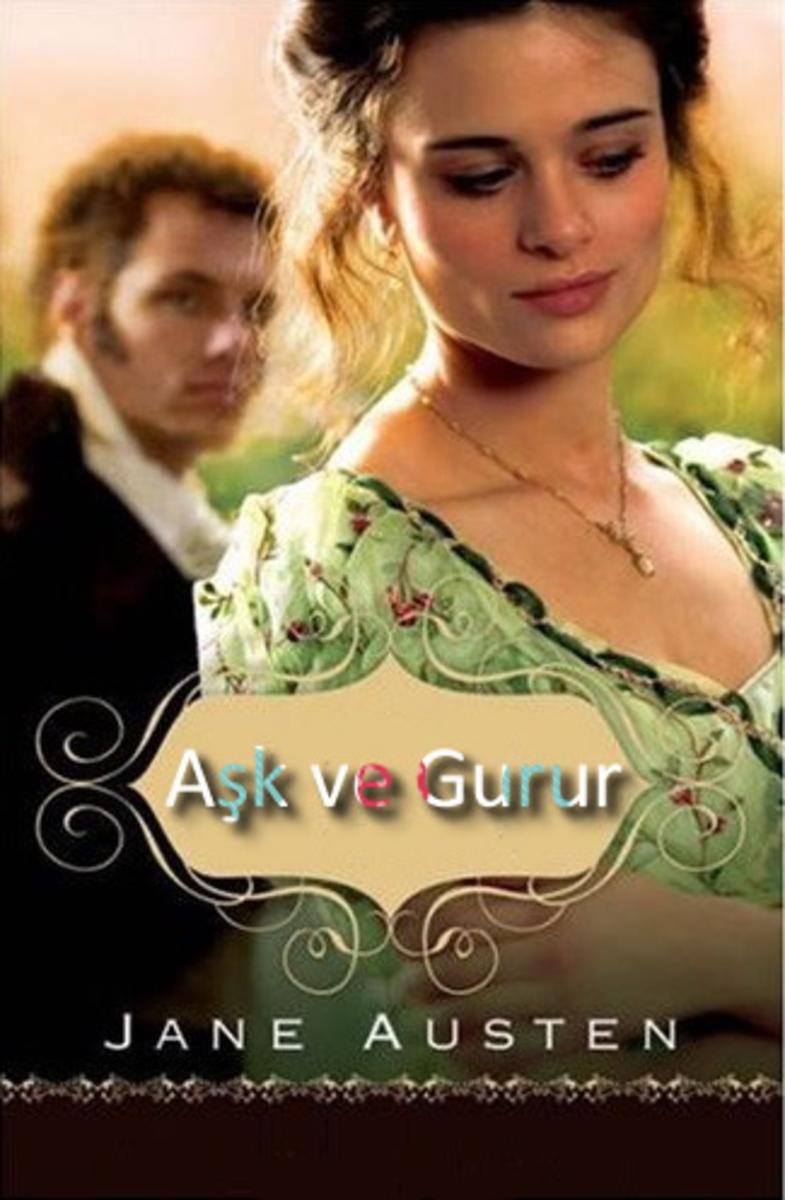
A?k ve Gurur
¥5.31
A?k ve Gurur


日语词汇新思维:词源+联想记忆法
¥5.40
本书独创日语“词源+联想记忆法”,从日语假名的“发音”和“形状”入手,追本溯源,将以往被认为没有意义的假名赋予含义,并充分利用了以心理学理论为基础的左脑的逻辑思维和右脑的想象功能进行联想,解析日语单词的内在规律,为读者提供了一种记忆日语词汇的全新思维和有效方法,帮助读者在短期内攻克词汇记忆大关。 独创日语“词源+联想记忆法” 从日语假名的“发音”和“形状”入手,解析日语单词的内在规律,帮助读者在短期内攻克词汇记忆大关。 充分运用心理学的左脑的逻辑思维和右脑的想象功能进行联想,为读者提供有效的记忆单词的方法。 逐一标注单词的假名及音调,辅以作者原声朗读的MP3光盘一张,引领读者彻底告别“哑巴日语”


新东方·日语50音学起来
¥5.40
《日语50音学起来》是新东方名师唐盾总结十年教学精华,倾情打造的实用、轻松、效的50音学习书。本书将日语初学者难记住的假名的发音和写法用一句话配图的形式展现出来,力图让读者通过记住一句话就能记住假名,帮助读者快速记忆日语50音。辅以日语假名的介绍、语音语调的介绍、日语常用口语等,帮助读者全面打好日语基础。 本书还提供配套音频及视频,读者可登录网址下载或扫描书中二维码获取。


7天搞定日语50音
¥5.45
《好妈妈 强儿子》是美国著名青少年教育专家、儿科医生、医学博士梅格米克的*作品。米克博士认为,当今男孩面对着前所未有的挑战与压力,母亲的责任是帮助儿子走出困境,成长为富有勇气与自信的男人。
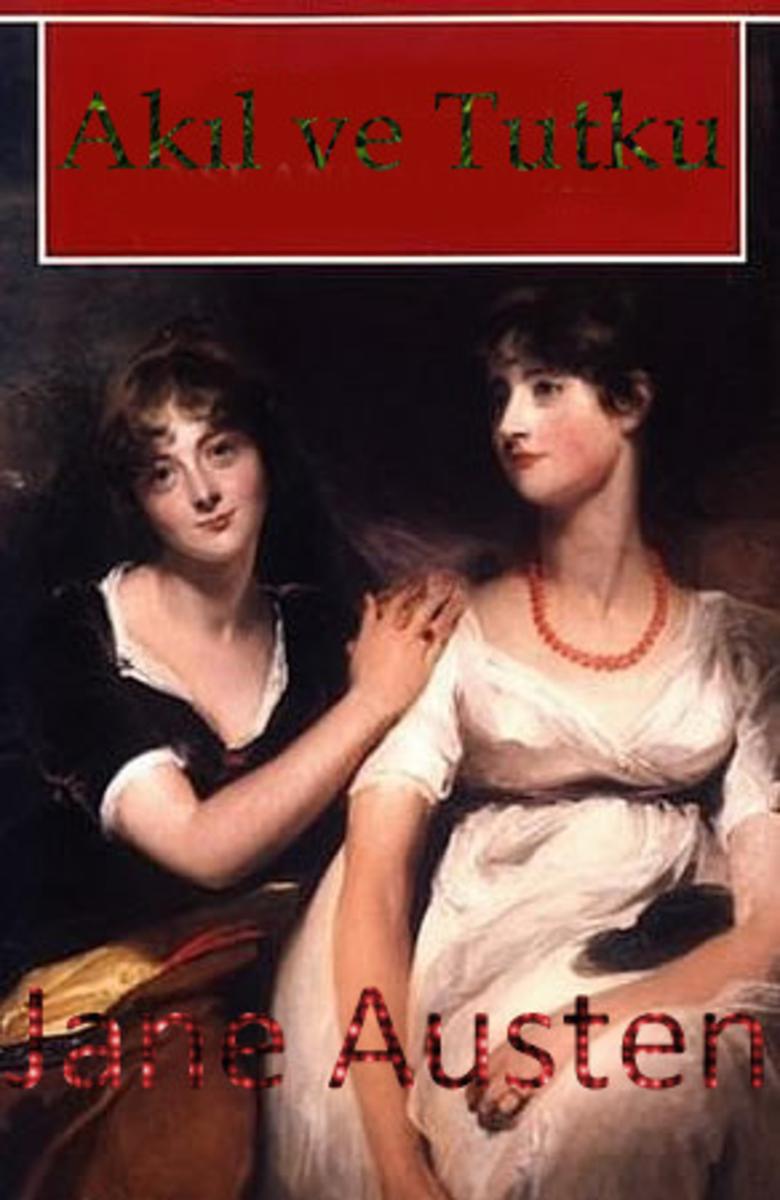
Ak?l ve Tutku
¥5.48
Ak?l ve Tutku
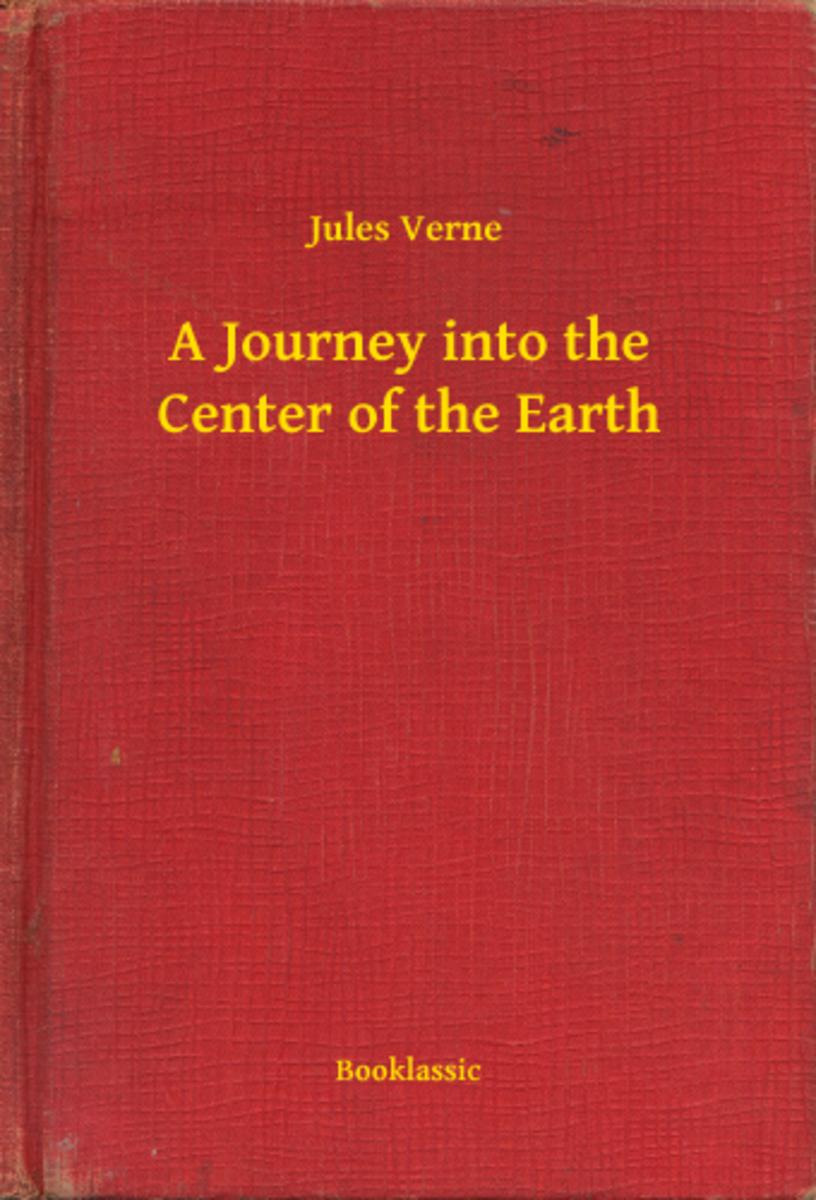
A Journey into the Center of the Earth
¥5.49
A Journey into the Center of the Earth


超强大.应急5000韩语会话随身带:场景分类+即查即用
¥5.59
《超强大?应急5000韩语会话随身带:场景分类 即查即用》这本书从韩国人常用到的口语会话场景出发,500生活场景全收录,生活句5000 组,所有常用口语一网尽!本书将生活中的韩语常用表达划分为30个大章节,500个小场景,韩国人日常生活、出行游玩、工作学习等场景下的对话一应俱全。比如,书中将“物达人”这样的情景划分为百货商店、超市物、服装店、鞋店、包包店、饰品店、水果店、传统市场、二手市场、便利店、电子产品、家用电器、书店、付款、收据&发票、商品退换、保修、网上物等18个场景,精细程度可见一斑。掌握了这些实用句,读者无论身处任何场景,遇到任何话题,都能轻松应对,舌头不再结!常用对话5000 组,让你的韩语活起来!
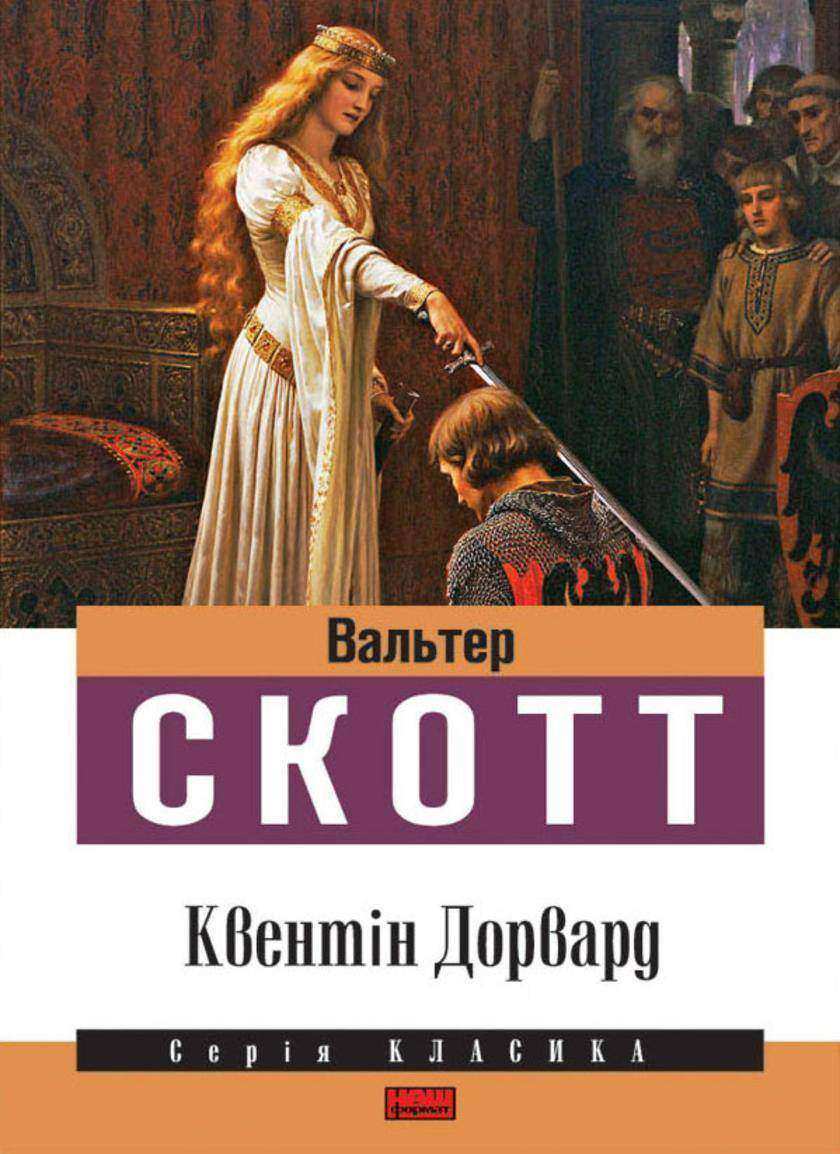
Квент?н Дорвард
¥5.72
s vezes, a única coisa verdadeira num jornal é a data, disse Luis Fernando Verissimo. Tomar ao pé da letra essa frase bem-humorada do cronista pode no ser um bom negócio. Porém, ainda mais temerário seria aceitar a hipótese oposta, ou seja, de que tudo acontece do jeito que o jornalista nos conta. Certos recursos de escrita e de edio aumentam tanto a temperatura do texto que provocam a fuso entre a fantasia e a realidade. Esse fenmeno misterioso, com seu toque de alquimia, é o que Renato Modernell investiga em A notícia como fábula.
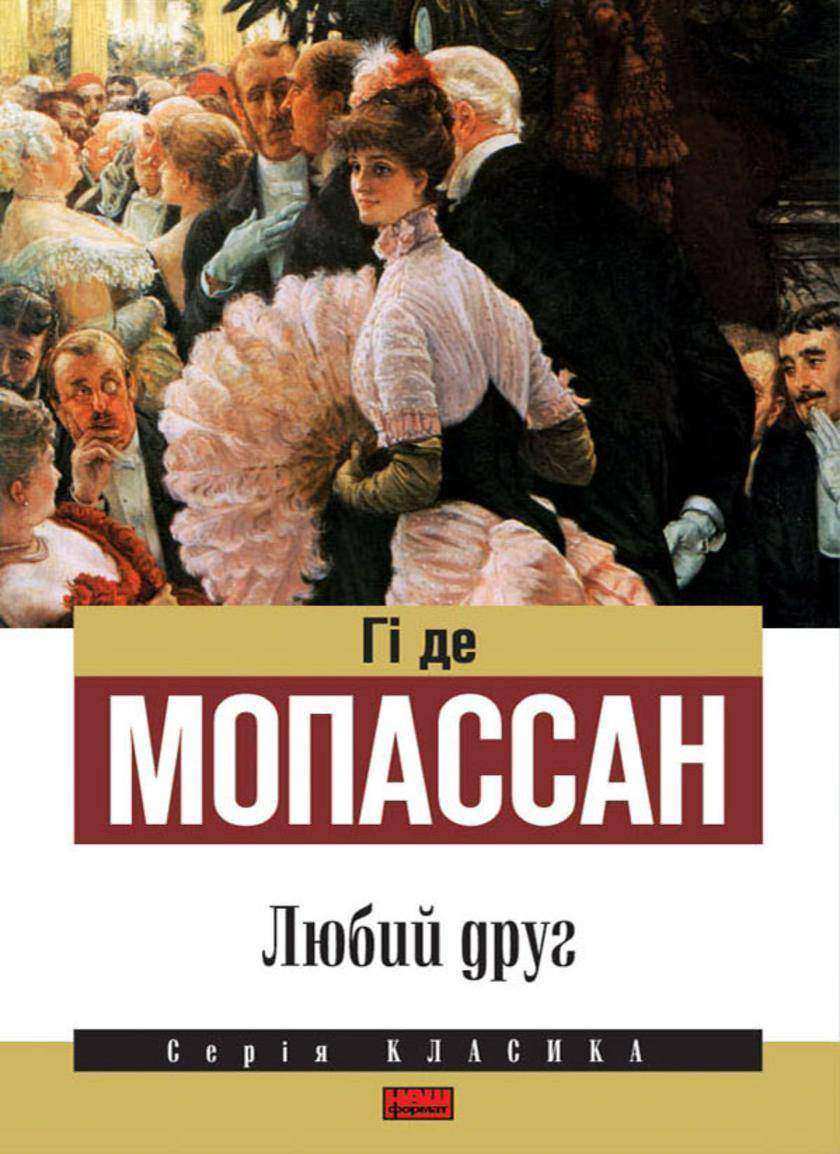
Любий друг
¥5.72
Fic??o brasileira no século XXI é um livro instigante. De leitura agradável e de interesse amplo, debru?a-se, com competência e inventividade, sobre oito escritores brasileiros contempor?neos, consagrados e premiados. O que n?o é pouco em uma tradi??o como a nossa, em que n?o se encontram muitos estudiosos de literatura que encarem o contempor?neo e consigam discuti-lo de forma a dialogar, n?o apenas com o estudioso e o especialista como também com o leitor comum interessado em literatura. Adriana Lunardi, Alberto Martins, Luiz Ruffato, Michel Laub, Milton Hatoum, Nelson de Oliveira, Ricardo Lísias e Rodrigo Lacerda encontram, por meio da leitura que deles fazem os autores deste livro, novos olhares para suas obras. E, nestes novos olhares, há um convite para novos leitores e leituras renovadas.
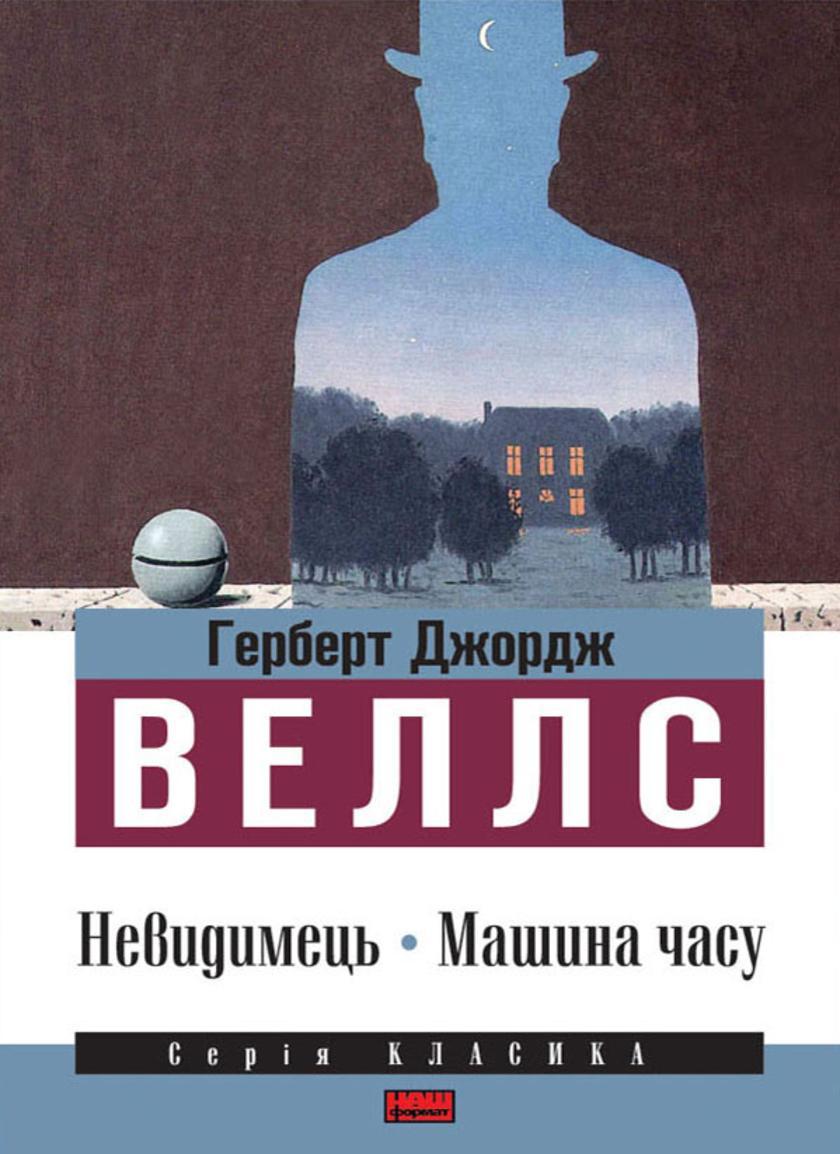
Невидимець. Машина часу
¥5.72
A obra encadeia associa??es entre os valores técnicos da língua e os valores estéticos da literatura. Realiza, ent?o, duas abordagens complementares, defi nida a unidade língua/literatura como uma díade com polos inseparáveis – a língua sustentando um código limitativo e prescritivo; a literatura alimentando a reprodu??o artística do sistema linguístico –, da fus?o de ambas resultando um efeito de sentido.
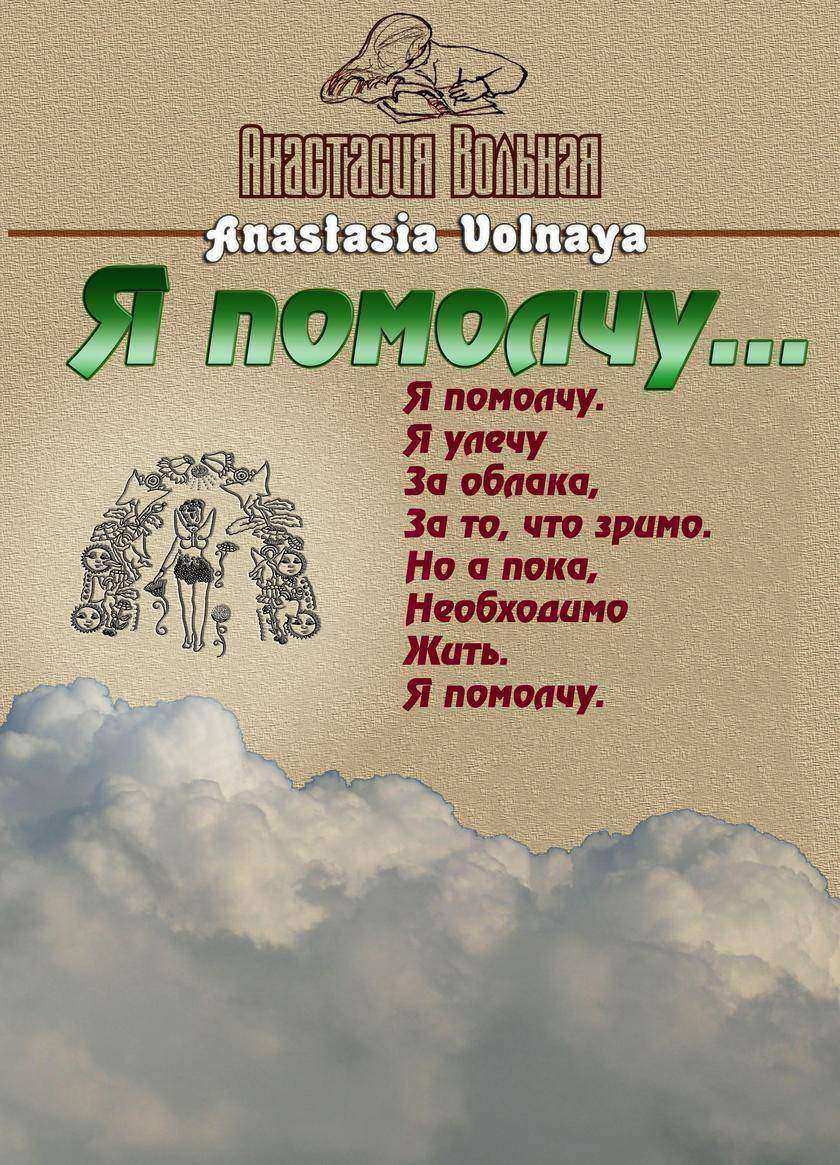
Я помолчу: I will keep silent
¥5.72
Я помолчу: I will keep silent
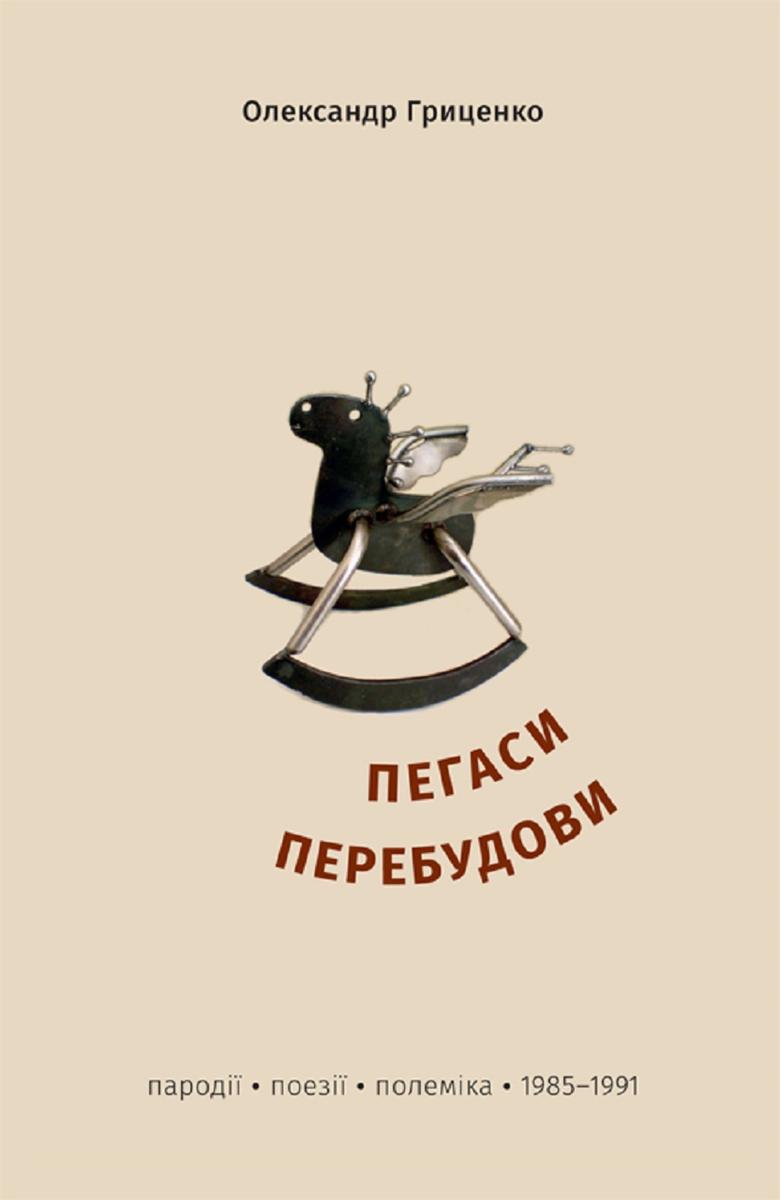
Пегаси перебудови: Парод??, поез??, полем?ка 1985–1991 рок?в.
¥5.80
Пегаси перебудови: Парод??, поез??, полем?ка 1985–1991 рок?в.


一学就会说日语
¥5.86
《一学就会说日语》一书按照场景进行分类,涵盖了出国旅游、就业商务以及日常生活三大方面,并且又在三方面中细分出你可能遇到的各种场景,可以称得上是交流口语大全 。一本书在手,各种场合都能在掌控之中。即使你从来没有专门学习过日语,不懂日语语法,没有学过音标,也能够脱口而出,达到顺利交流的目的。 此外,我们采取这种形式进行编写,只是为了方便那些急需日语出行的人,至于合适与否,有待商榷。同时需要提醒各位读者的是,要想真正地学好一门语言,就应该正规而扎实地从基础开始学起。


随时随地学韩语.超好用的韩语语法书
¥5.94
本书是一本超便携的韩语词汇书,外形小巧便于携带,让读者可以利用琐碎时间来记忆韩语单词。该书按照单词词性、使用场景这两个标准对词汇进行分类,方便读者查找。本书词汇是根据韩语基础词汇和初级口语中要掌握的词汇进行汇编,同时也对韩国语能力考试(TOPIK)初级中出现频率多的词汇进行统计。


随时随地学韩语.超好用的韩语旅游书(第2版)
¥5.94
本书是一本超便携的韩语旅游书,外形小巧便于携带,让读者可以快速地查找到需要的旅行用语。本书从临时应急一句话始,分场景给出该场景的十个句子,并在每个句子后面给出一组实用的独立小对话及核心词汇。不但帮助你学会这些表达,同时还能知道如何应用,并掌握相关的其他用法,增加其在旅行中的实用性。为回馈广大读者的厚爱,本书特别赠送可读有声电子书“超好学韩语旅游书”。


随时随地学韩语.超好记的韩语单词书
¥5.94
本书是一本超便携的韩语词汇书,外形小巧便于携带,让读者可以利用琐碎时间来记忆韩语单词。该书按照单词词性、使用场景这两个标准对词汇进行分类,方便读者查找。本书词汇是根据韩语基础词汇和初级口语中要掌握的词汇进行汇编,同时也对韩国语能力考试(TOPIK)初级中出现频率多的词汇进行统计。


随时随地学韩语.超好用的韩语会话书
¥5.94
本书是一本超便携的韩语会话书,外形小巧便于携带,让读者可以利用琐碎时间来学习韩语会话。该书按照使用场景分类,覆盖80余个超夯场景,方便读者随查随用。本书以核心句 拓展句 核心词汇的形式,会话精选韩国人日常生活中使用频率较高的内容行汇编,让你轻松学会韩国人天天在用的场景会话!为回馈广大读者的厚爱,本书特别赠送可读有声电子书“超好用韩语会话书”。


超奇迹分类记15000韩语单词:韩语入门词汇学习,一站式搞定
¥5.97
《超奇迹 分类记 15000韩语单词》包含15个话题和362个场景,囊括了日常生活中的方方面面,如基本常识、居家生活、住房、人物、外表、交通出行、娱乐休闲等方面。 每个场景都罗列了与之相关的20个常用核心词,并精心挑选10个常用单词给出例句,除了具备“场景词汇”和“你一定要会说的Top10场景句”两个模块外,又增加了“场景对话演练”模块。每个对话都采用男女对话的形式,幽默、风趣,并且非常贴近生活,每个对话都包括至少5个场景词汇。让单词回归语境才能记得更快、更牢、更灵活。 此外,对某些句子还行了适当讲解,包括单词(★)、语法(█)、固定词组(●)等,让你学单词的同时轻松扩展知识,一本双利,实在超值哦! 全书配套MPR读功能,双速录音,只需轻轻一,地道韩语即学即说! ◆紧贴生活,分类记忆本书包含15个话题和362个场景,囊括了日常生活中的方方面面。每个场景都罗列了与之相关的常用核心词,更全面,更实用,更易查。(P12) ◆讲练结合,务实实用每个场景占据独立一页,分为三个模块:“场景词汇”、“你一定要会说的Top10场景句”和“场景对话演练”。每个场景包括约20个单词,并精心挑出10个常用词给出例句。(P38) ◆适度扩展,内容充实本书针对句子或对话行了适当解析,包括单词意思、构成及用法,常见短语、句型及常识等。(P247)

Applications to Support Normal and Critical Operations in a Tactical MLS System:
¥5.97
Applications to Support Normal and Critical Operations in a Tactical MLS System: Cybersecurity




 购物车
购物车 个人中心
个人中心



